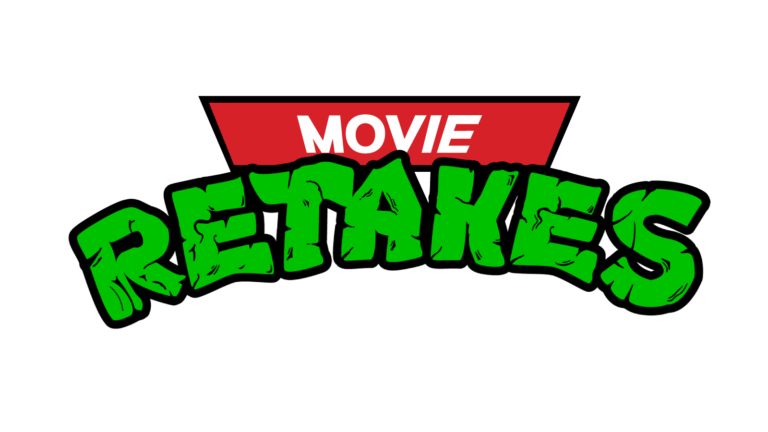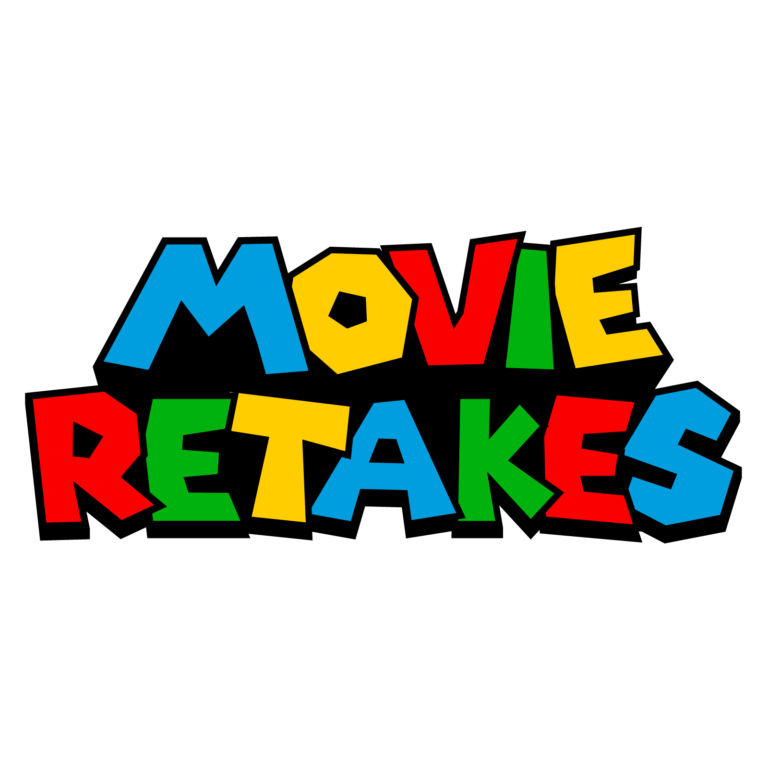
TMNT
The turtles form new alliances and take on old rivals with these original shell-shocking pitches from the Sully Brothers.

Long-time movie fanatic, Matt has written several screenplays, produced / directed / edited short films, and has a written a historical fiction novel entitled Father's Creed. He's working on his second novel, a sci-fi thriller called Ghost City. Follow his chronicles as a new novelist: https://mattcsully.com
“Technology is going to replace us all.”
Workers of the world have been shouting that same rhetoric since the first machine was added to the assembly line, and the same sentiment has spread to the realm of arts and entertainment. The WGA (Writers Guild of America) has gone on strike, negotiating, of course, for higher wages, along with two main focuses: streaming payouts and regulations on use of AI.
The previous WGA strike back in 2007, which cost LA’s economy between $1 and $2 billion, was largely over DVD residuals and compensation for what they called “new media” (content written for or distributed through digital technology, such as the Internet).
Prior to the 2007 strike, the WGA had no agreements for use of content online and this foresight in addressing the matter was paramount in securing guild writers’ pay ahead of evolving technology. Writers and studios saw what was coming beyond 2007 and secured early positions, only now they’re looking past 2023 where the landscape will be decidedly different.
We’re inundated with AI stories as of late, laughing and marveling at its varied mistakes and achievements, but the what-if phase of artist replacement has already passed. Hundreds of AI-authored books are currently available on Amazon and a Netflix anime short has already used AI-generated background art to quote “help the anime industry, [during] a labor shortage,” but AI filling in for workers is exactly what has Hollywood writers concerned.
A key point in the WGA negotiations calls for regulations on the use of AI, asking that AI can’t write or rewrite literary material, and that anything created by the WGA can’t be used as a source to train AI. This is something digital artists are already in turmoil over, claiming their IP is being stolen from Internet-available images in order to train these AI-generation tools. Studios sitting on mountains of previously-written scripts and in negotiations for a $400 million increase in writer payouts must certainly be considering their AI options.
Studios might envision a future without writers if consumers stay tuned, so the viability of an AI-generated Hollywood comes down to content quality, and if quality even matters. Even before AI, product quality was challenged by traditionally published authors over the merely self-published, but that debate has become moot. Self-published books are now a $1 billion industry, snagging over 30% of all e-book sales, and the precedent for Hollywood’s quality standards was set during the previous WGA strike.
In 2007 and 2008, when shows were being delayed or cancelled, studios filled gaps with reality TV and game shows. Some studios switched to non-union writers. Animated programs not required to use WGA writers continued unaltered, as did news and sports. And this was before streaming was king. Times are different. Consumers are different. Content availability has opened and the sheer volume of online content has proven quality isn’t as important to consumers as quantity.
This is a critical moment in history for a lot of people who create the movies and shows you love, yet the vast majority of consumers won’t take notice. Years from now after the first few AI-written shows make headlines and the screenplay categories have been omitted from the Academy Awards, we’ll briefly reminisce over a time when real people wrote our entertainment, but even then we won’t be able to list any names.
Don’t believe me? Think of your favorite TV show. Now tell me who wrote it.

The turtles form new alliances and take on old rivals with these original shell-shocking pitches from the Sully Brothers.

Video game prowess and plumbing power save the planet in these Super Sully Bros. pitches.